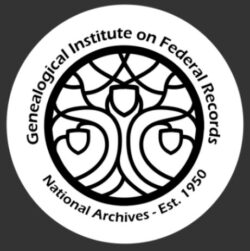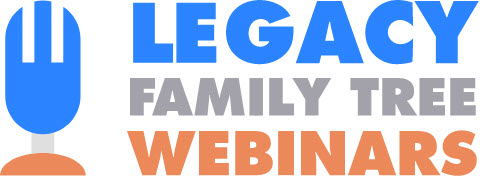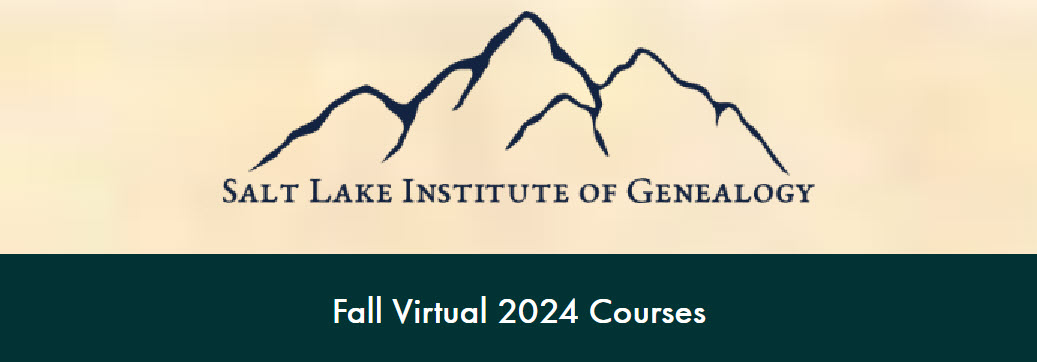
Researching African Americans in Equity Court Files
National Genealogical SocietySession S202

Session S202

IGHR runs 21-26 July 2024. This presentation will be for the course: Researching African American Ancestors: Government Records and Beyond.

This presentation in for Course 3: Advanced Methodology and Evidence Analysis.

This presentation in for Course 3: Advanced Methodology and Evidence Analysis.

IGHR runs 21-26 July 2024. This presentation will be for the course: Researching African American Ancestors: Government Records and Beyond.

The Genealogical Institute on Federal Records (Gen-Fed) will take place Sunday, August 11th through Saturday, August 17th, 2024.

The Genealogical Institute on Federal Records (Gen-Fed) will take place Sunday, August 11th through Saturday, August 17th, 2024.

The Genealogical Institute on Federal Records (Gen-Fed) will take place Sunday, August 11th through Saturday, August 17th, 2024.


In Course 2: Memorializing Family History—From Intimidation to Empowerment With Angela McGhie, Kaelyn Deeter, and Nicole LaRue Faculty each walk students through the beginning phases of their selected projects. The project typically begins with family lore or provenance details of a treasured heirloom.